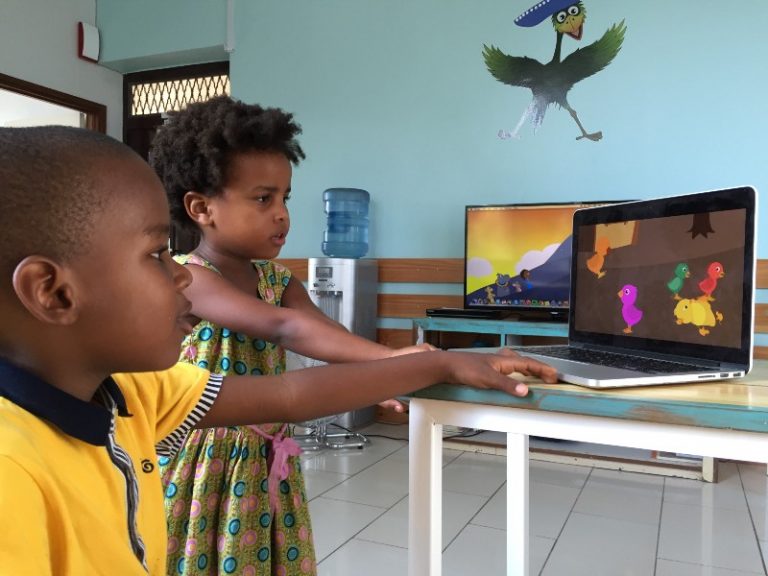What do most parents expect from their kids?
When most parents and caregivers receive their children’s report cards, they expect to see the letter and numerical grades next to subjects like Mathematics, Science, and English.
However, it’s uncommon for them to also receive feedback on their child’s character strengths and weaknesses, for instance, “Are they resilient? curious? purposeful?”
Numerous studies have shown that some character strengths like grit and resilience are as important as IQ and socioeconomic status to a child’s success in school and life. And top tier academic institutions like Riverdale Country School in New York City and KIPP schools across the U.S., have started to teach and assess kids on character strengths like curiosity, grit, and growth mindset.
Now, don’t get us wrong! It’s important for kids to be competent in maths, science, and other subjects. However, it’s equally crucial that they develop character strengths like curiosity, grit, and optimism, which will prepare them to take risks, learn from their failures, and positively contribute to society as a whole.
Is teaching character a priority for Africa?
Season 3 of our popular educational cartoon Ubongo Kids launched this April on TBC1. It includes four episodes that focus on enhancing key character strengths; growth mindset, curiosity, purpose and grit – in addition to teaching kids math and science. We created the episodes in partnership with the Goodall Foundation which provides individuals and organisations like ours with resources to deliver impactful, character-building projects that often have a technology focus.
However, one may begin to wonder, with the current education crisis across Africa, should we really be focusing on teaching character strengths rather than the core curriculum?
YES, it’s vital that we start to teach kids to build character because Africa’s future is more dependent on people who are problem solvers, rather than book smart. Think of the William Kamkwamba, who provided electricity to his village by building a windmill out of garbage when he was just 14. No math equation can teach kids to do that, instead, it’s a combination of knowledge, a curious mind, and determination.
In addition to teaching kids to be curious learners who aren’t afraid to fail and are resilient in their pursuit of their goals, improving character strengths often greatly enhances children’s academic performance. So, while we work hard to ensure that Ubongo Kids’ content aligns with what children are learning in schools, we also attempt to fill the learning gaps where we find them.
You are what you believe!

In fact, Stanford University professor Carol Dweck, whose work focuses on the psychology of success, has found that there are two main mindsets that greatly affect a child’s performance in school and beyond – fixed and growth.
According to Dweck, people with “a fixed mindset believe their basic qualities, like their intelligence or talent, are simply fixed traits. They spend their time documenting their intelligence or talent instead of developing them. They also believe that talent alone creates success—without effort.” This can be illustrated in children who believe that they are simply not good at math, and can’t do anything to change it.
Whereas those with a growth mindset, “believe that their most basic abilities can be developed through dedication and hard work—brains and talent are just the starting point. This view creates a love of learning and a resilience that is essential for great accomplishment.”
We teach kids about growth mindset in an episode of Ubongo Kids. One of the main characters, Ngedere, decides to learn how to read a map and in the process discovers that challenging himself makes his brain stronger and smarter. Science lessons on how the brain functions accompany Ngedere’s education on how he can cultivate his mind to do anything he wants.
So, hopefully, this new season of Ubongo Kids will help kids to improve in character strengths and increase their chances of success in life.















